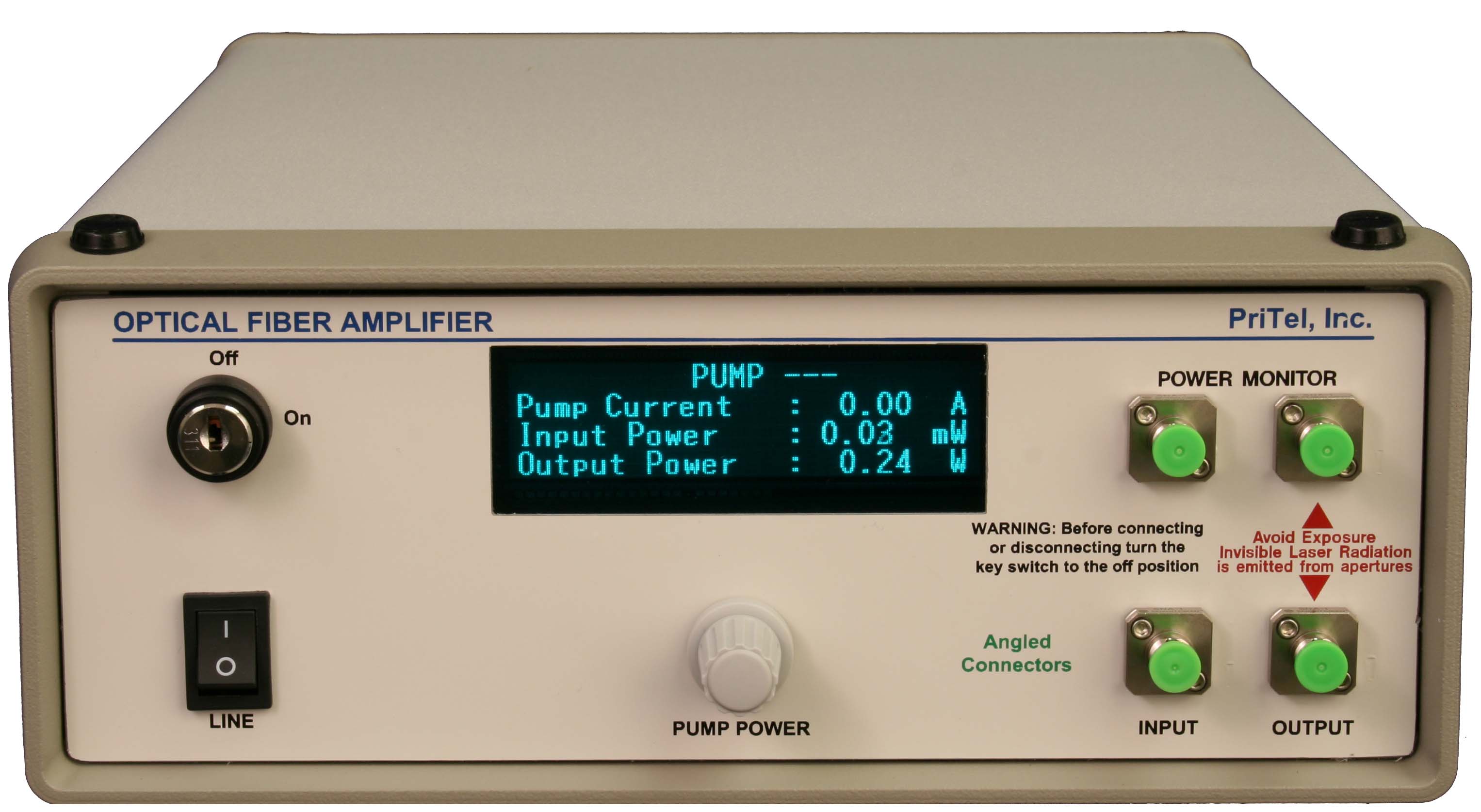Contents
Source: Connet Laser
Understanding Fiber Amplifiers: Principles, Applications, and Innovations
Introduction to Fiber Amplifiers
Fiber amplifiers are a critical component in modern optical communication and laser systems. They function by enhancing the strength of optical signals, utilizing energy from pump light. Unlike traditional optical amplifiers, fiber amplifiers use optical fibers as their gain medium, typically doped with rare-earth ions like erbium, ytterbium, and neodymium.
Operation Principles of Fiber Amplifiers
Stimulated Emission
The fundamental principle behind fiber amplifiers is stimulated emission. When a photon from the signal light interacts with an excited ion in the fiber, it stimulates the emission of another photon with the same phase and direction, thereby amplifying the signal.
Pumping Mechanism
In fiber amplifiers, pump light excites ions to higher energy states. The energy from the pump light is absorbed by the ions, which then release this energy as amplified signal light. This process requires a continuous supply of pump light to maintain ion excitation and ensure sustained amplification.
Types of Fiber Amplifiers
Erbium-Doped Fiber Amplifiers (EDFAs)
EDFAs are widely used in telecommunications for their ability to amplify signals in the 1.5-micrometer wavelength range. They are essential for long-distance optical fiber communication, supporting multiple wavelength channels through wavelength division multiplexing.
Ytterbium-Doped Fiber Amplifiers (YDFAs)
YDFAs are known for their high power output capabilities, often used in industrial applications such as laser material processing. They typically operate in the 1.03–1.1 micrometer range and are favored for their efficiency and robust performance.
Applications of Fiber Amplifiers
Telecommunications
Fiber amplifiers play a vital role in optical fiber communications, especially for long-distance data transmission. They help in amplifying weak signals, ensuring data integrity over vast distances without the need for electronic conversion.
Industrial Laser Systems
High-power fiber amplifiers are extensively used in industrial laser systems for cutting, welding, and material processing. Their ability to deliver high power with excellent beam quality makes them ideal for precision tasks.
Challenges and Innovations
Managing Nonlinear Effects
Fiber amplifiers face challenges from nonlinear effects like the Kerr effect and Raman scattering, especially when amplifying ultrashort pulses. Techniques such as chirped-pulse amplification are employed to mitigate these effects and enhance performance.
Advancements in Multi-Stage Amplifiers
To achieve higher gains and improved noise performance, multi-stage amplifier setups are increasingly used. These configurations allow for better control over amplification processes and are crucial for advanced communication systems.

Source: PriTel Inc.
Feel free to comment your thoughts.


